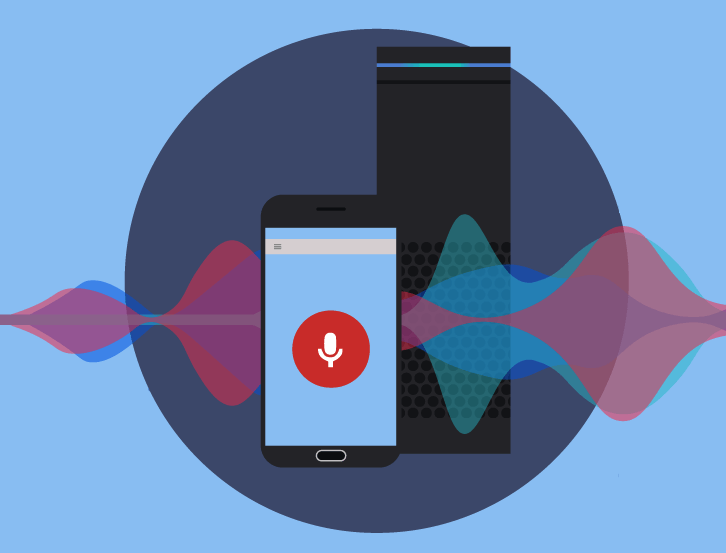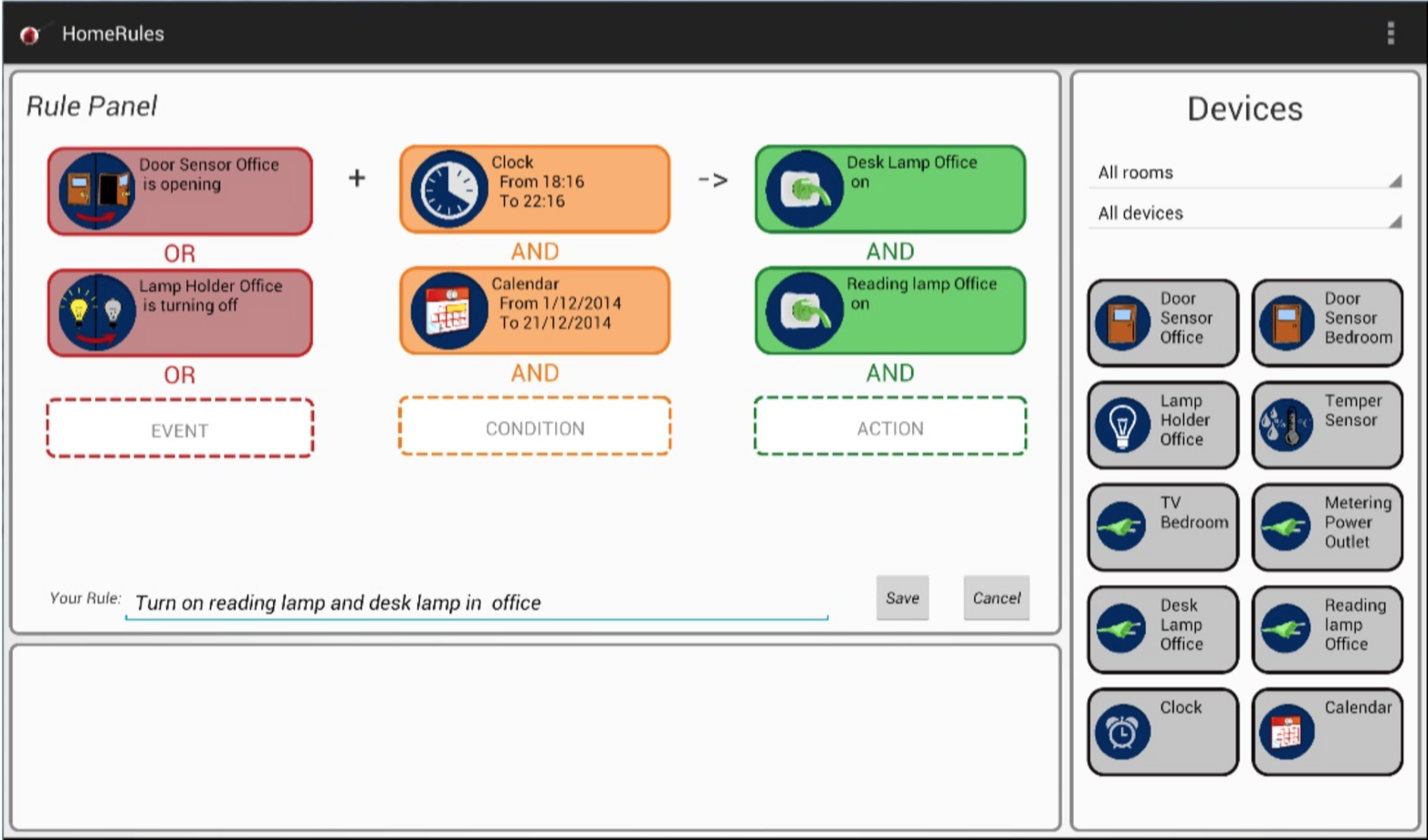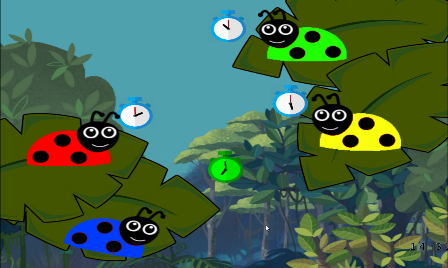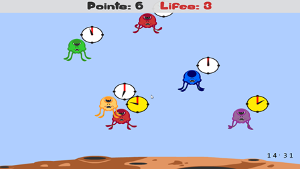Explore our past and completed research projects, on various topics.
Active: 2018-2019
 The usage of voice-based virtual assistants (e.g., Siri or Google Assistant) is growing, and their spread was most possible by the increasing capabilities of natural language processing, and generally has a positive impact on device accessibility, e.g., for people with disabilities. However, people with dysarthria or other speech impairments may be unable to use these virtual assistants with proficiency, within their smartphones or in their smart homes. Is this true? To which extent people with dysarthria can be understood and get consistent answers from these virtual assistants?
The usage of voice-based virtual assistants (e.g., Siri or Google Assistant) is growing, and their spread was most possible by the increasing capabilities of natural language processing, and generally has a positive impact on device accessibility, e.g., for people with disabilities. However, people with dysarthria or other speech impairments may be unable to use these virtual assistants with proficiency, within their smartphones or in their smart homes. Is this true? To which extent people with dysarthria can be understood and get consistent answers from these virtual assistants?
We answered these questions by analyzing the most common virtual assistants when faced with dysarthric speech in two different languages: English and Italian. Moreover, we adopted separate methodologies for each language.
Active: 2014-2017
IoT for Ambient Assisted Living
In the field of Ambient Assisted Living, research activities on healthcare support systems are mainly focused on addressing two problems: improving the quality of life for people in their own homes, especially the elderly, and supporting nurses and physicians in hospitals. However, few work focus on designing systems for supporting caregivers that work with persons with disabilities in the context of assisted living facilities (ALFs).
This project aims at filling this gap, by presenting a series of guidelines for designing systems that could effectively support caregivers in tasks such as monitoring ALF inhabitants, attending to their assistance requests and managing notes and reminders regarding daily activities.
In addition, it explores and applies the Internet of Things to the ALF context with the design, implementation, and evaluation of Care4Me, a system supporting the daily activities of assistants. The solution combines wearable and mobile technologies. With this healthcare support system, caregivers can be automatically alerted of potentially hazardous situations. Furthermore, inhabitants can require assistance instantly and from any point of the facility.
Active: 2014-2015
 A considerable amount of research has been carried out towards enabling end users to customize their smart homes through trigger-action ("if... then...") programming. However, inhabitants of such smart environments keep having problems understanding, administering, troubleshooting, and deriving benefits from the technologies employed in their homes. By synthesizing a broad body of research on end-user development in smart homes with observations of commercial products and our own experiences, we provide a set of guidelines for designers of future interfaces and tools. Stemming from them, we introduce HomeRules, a mobile and tangible application for end-user programming in smart homes.
A considerable amount of research has been carried out towards enabling end users to customize their smart homes through trigger-action ("if... then...") programming. However, inhabitants of such smart environments keep having problems understanding, administering, troubleshooting, and deriving benefits from the technologies employed in their homes. By synthesizing a broad body of research on end-user development in smart homes with observations of commercial products and our own experiences, we provide a set of guidelines for designers of future interfaces and tools. Stemming from them, we introduce HomeRules, a mobile and tangible application for end-user programming in smart homes.
Active: 2014-2019
Accessible Games for Single-Switch Interaction

Small children with disabilities, especially in the pre-school age, need to develop their skills by using games and game-like environments. The educational effect of "serious games" enables educators and caregivers to involve the kids with fun and formative activities.
 In the case of serious motor disabilities, when the interaction with a computer is severely hampered and the usage of a keyboard or pointing device is not possible, the choice of available educational games is greatly reduced.
In the case of serious motor disabilities, when the interaction with a computer is severely hampered and the usage of a keyboard or pointing device is not possible, the choice of available educational games is greatly reduced.
Our research activity in this area focuses on defining new interaction modalities for accessible games in the educational and entertainment contexts, compatible also with severe motor disabilities.
Active: 2013-2014
A Touch-based Mobile Ontology Browser
Jelly-Ont is a new ontology browsing application for Android. Jelly-Ont exploits a layered architecture (Figure below) aimed at decoupling ontology access primitives from graph representation engines and from node-layout algorithms. At the lower layer, ontology access is handled by full-blown, well established ontology APIs such as Jena (see Apache Jena on Android), OWL API, etc. The ontology model exposed by such APIs is then abstracted into a shared graph representation, designed taking inspiration from the Prefuse Information Visualization toolkit architecture. This shared representation offers standard query primitives to layout algorithms, thus enabling them to get the information needed to successfully set-up an ontology visualization.
Active: 2012-2014
A Declarative Framework for Data Stream Processing in Pervasive Applications
A stream-processing framework, based upon state-of-the-art stream processing engines, which enables declarative and modular composition of stream processing chains built atop of a set of extensible stream processing blocks. While stream processing blocks are delivered as a standard, yet extensible, library of application-independent processing elements, chains can be defined by the pervasive application engineering team.
Active: 2010-2012
Smart Homes and Domotic Environments are promising to revolutionize the daily human life providing users with increased care, adaptability and safety. However, to fully exploit their potential, in everyday life, suitable design and verification tools must be available, allowing architects and designers to correctly implement their ideas and to verify the effects of designed policies on real world environments.
DogSim is a framework and API for automatic generation of state chart simulators from ontology-based descriptions of domotic environments. DogSim has been tested on the model of a 6-room flat equipped with 95 devices. Results show that the approach is feasible and that can easily address realistic home scenarios.
Active: 2008-2009
Accessible Surfing is an extension developed for the Firefox browser, for helping strongly disabled people in the navigation of web sites. This extension addresses those users able to use only the eyes; the work has been done in order to be used with an eye tracking system.

